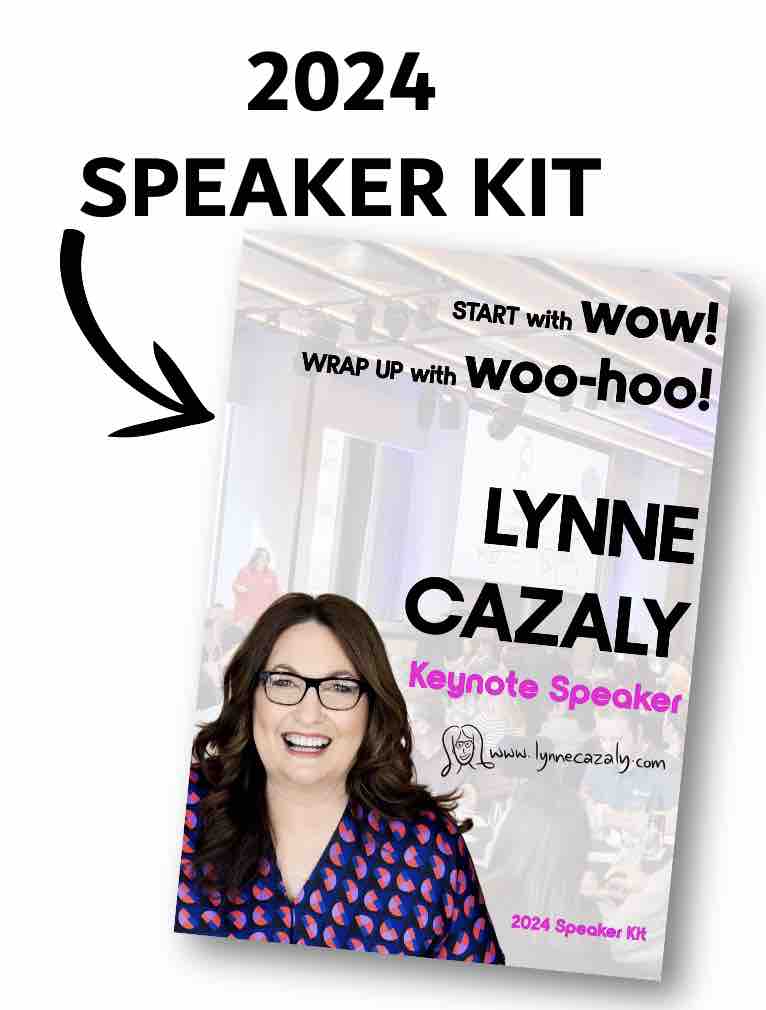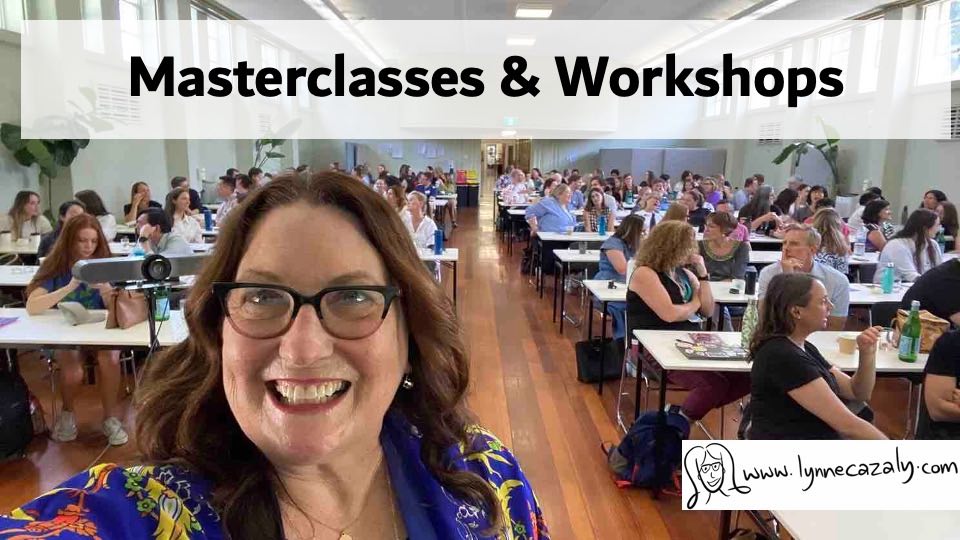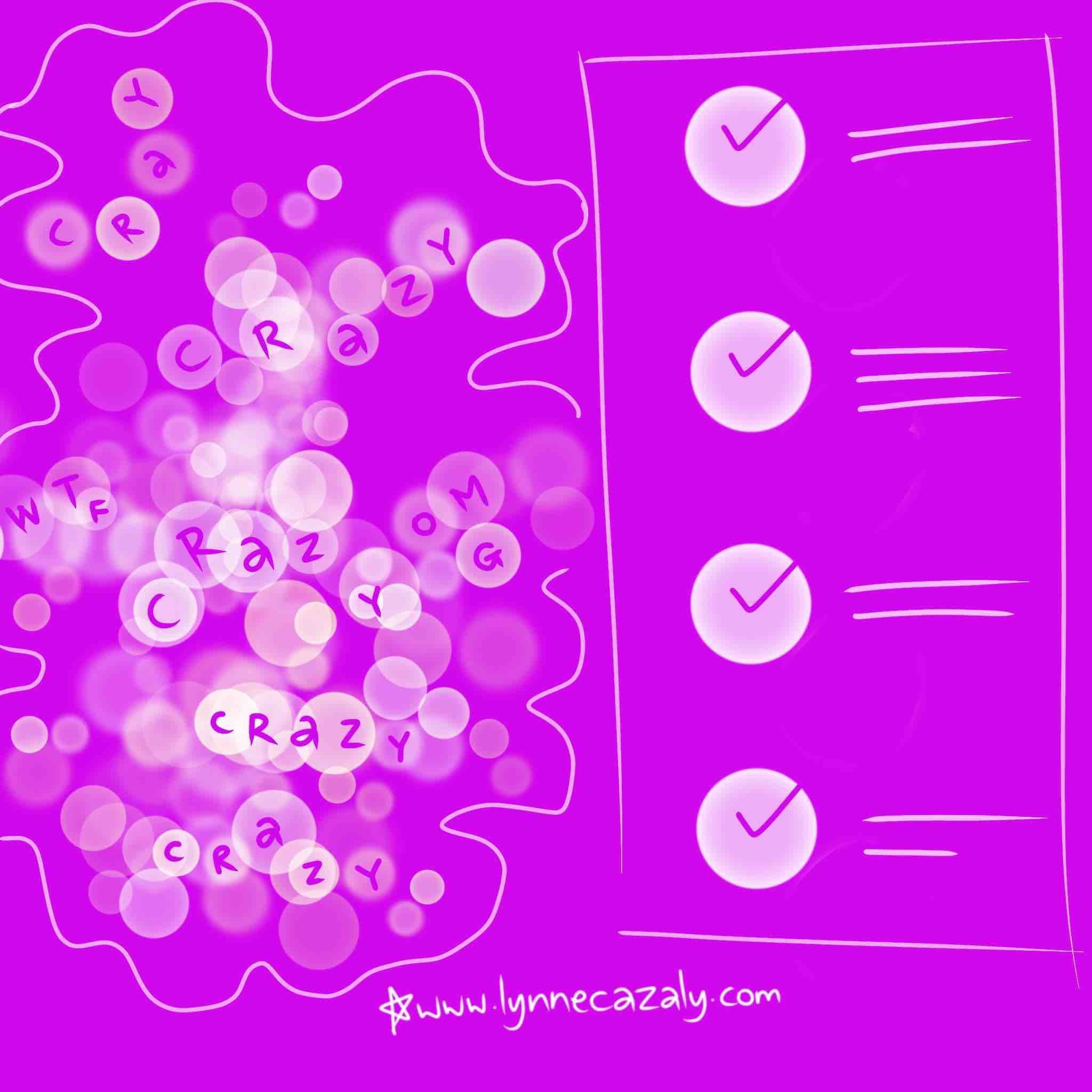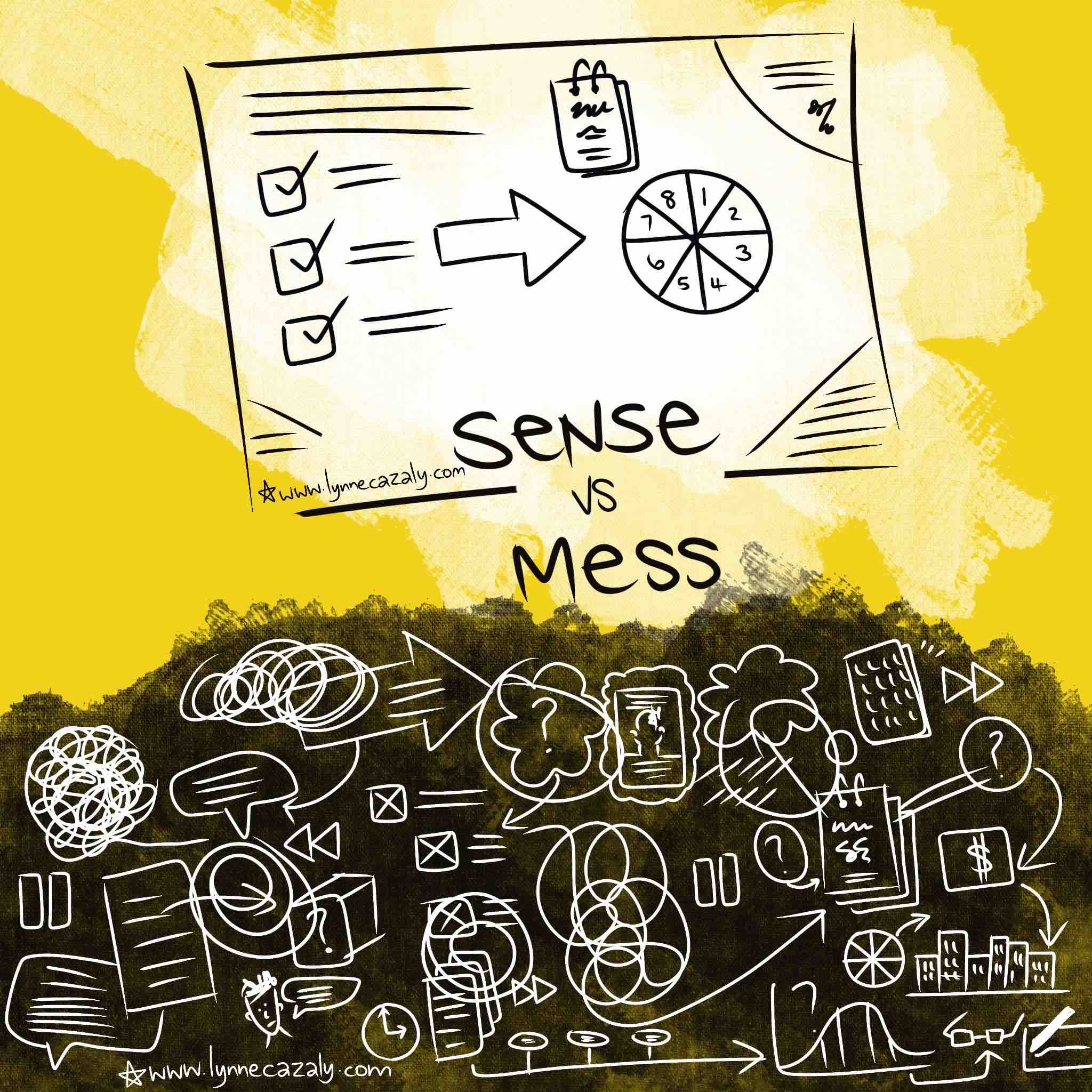Naming the struggle
 Saturday, September 5, 2020 at 11:51AM
Saturday, September 5, 2020 at 11:51AM While guiding a group with mentoring advice recently, the most common statement in their questions and sentences was, ‘I’m struggling with…'
Learning, growing, changing and adapting is indeed a struggle.
And it’s being magnified further in these times!
Struggling - in less violent terms - is about doing one’s best, but I wonder, what is it that we are doing in struggling?
Are we :
- Getting used to ...
- Annoyed or frustrated with ...
- Trying to understand ...
- Debating or weighing up...
- Confused about ...
- Taking longer than we expected?
All of these situations could indeed be a struggle. And I wonder if that feeing of ‘I’m struggling with…’ is worth redefining or renaming, rather than bundling it all up as struggling.
Acknowledge it is a struggle. Yes.
And then explore what else it is: whether it’s a frustration, an obstacle, a question, or just another a step along a path of change.
Perhaps it’s more challenging than we’d liked, hoped or expected.


















